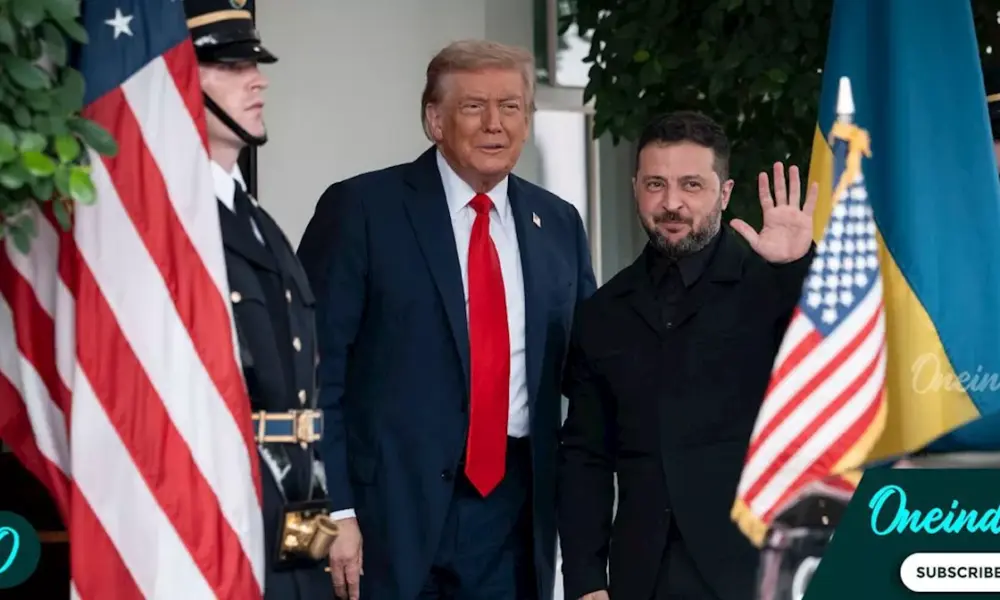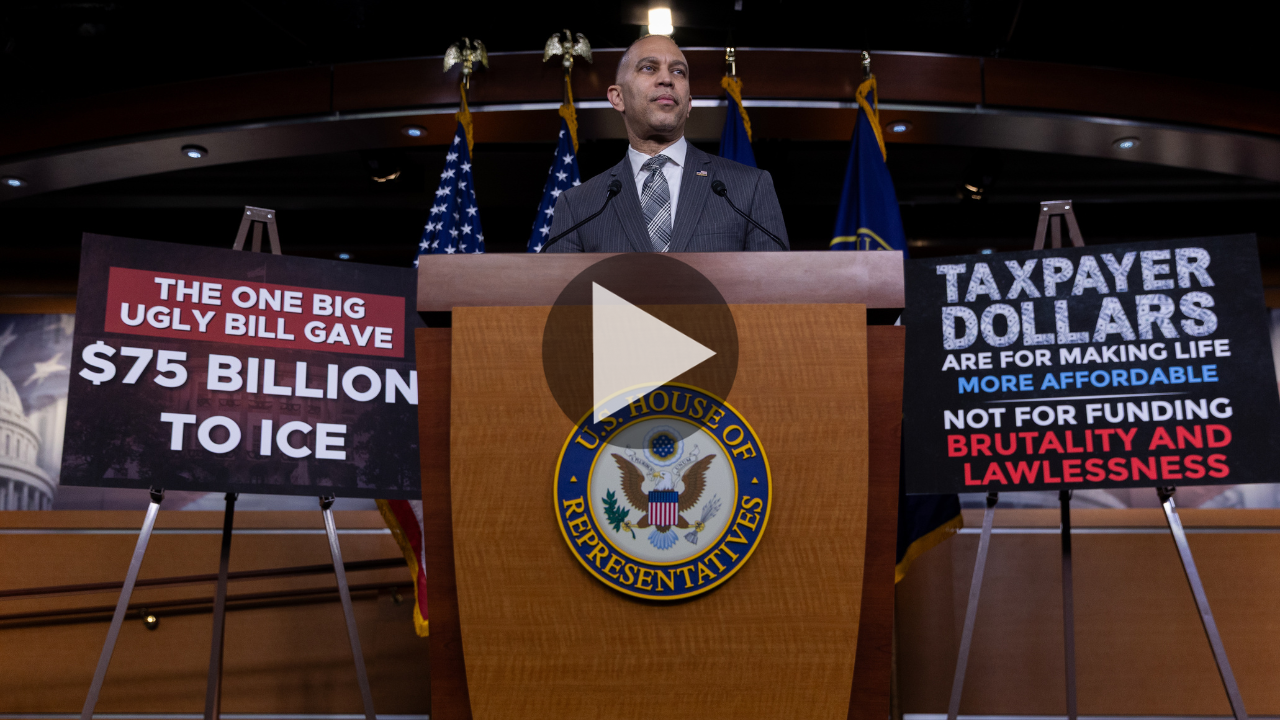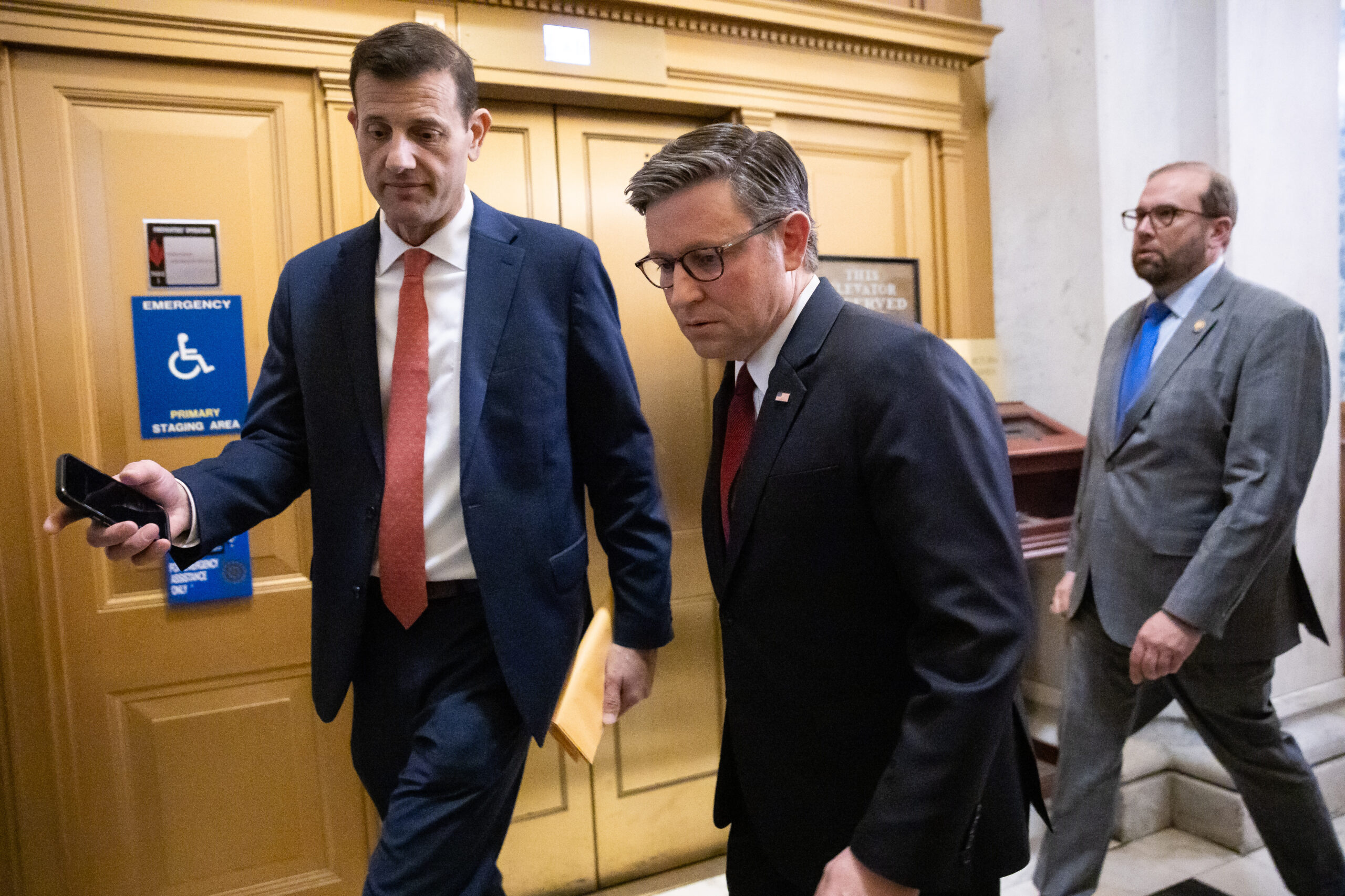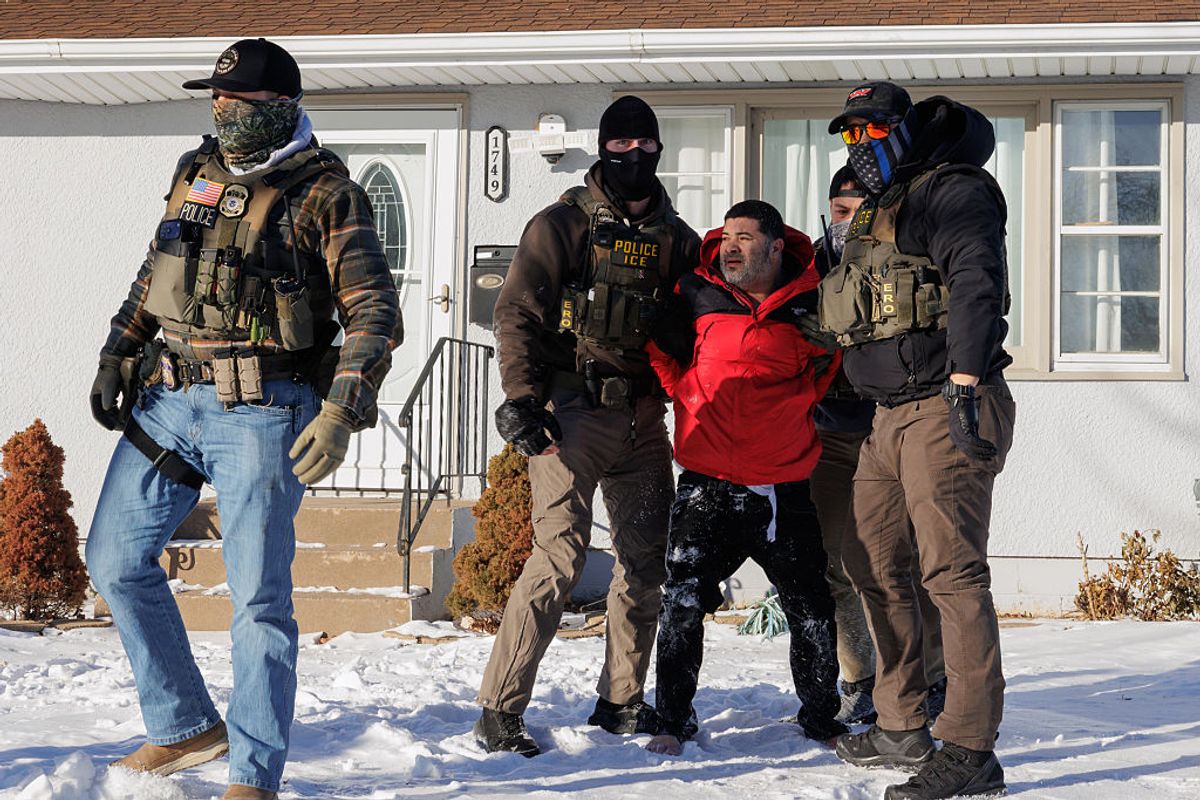In a significant escalation of tensions, former U.S. President Donald Trump has publicly labeled Colombian President Gustavo Petro an “illegal drug leader” while announcing a cessation of U.S. aid to Colombia. This statement follows Petro’s recent accusations against the U.S. government regarding military actions in Caribbean waters that he claims have resulted in civilian casualties.
Trump’s comments, made through a social media post, described Petro as “low rated and very unpopular.” He warned the Colombian leader to “close up” drug operations, threatening, “the United States will close them up for him, and it won’t be done nicely.” These remarks come amid ongoing conflicts between Trump and Petro’s administration, particularly concerning U.S. military strikes targeting alleged drug traffickers in the region.
Colombian Government’s Response
President Petro has rejected Trump’s allegations, asserting that his efforts to combat narcotics in Colombia, the world’s largest cocaine exporter, do not align with being a drug trafficker. He stated, “Trying to promote peace in Colombia is not being a drug trafficker,” and accused Trump of being misled by his advisors. The Colombian Foreign Ministry described Trump’s statement as a “direct threat to national sovereignty” and a proposal for an illegal intervention in Colombian territory.
Pedro Sánchez, Colombia’s Defense Minister, emphasized that the country has dedicated significant resources and lost lives in the battle against drug trafficking. He stated that Colombia has utilized all its capabilities in this ongoing fight, indicating a serious commitment to addressing the drug issue.
The recent exchange between the two leaders deepens a rift that has developed over previous months, marked by Petro’s criticism of U.S. military strategies and Trump’s threats to impose tariffs on Colombian goods. Tensions escalated further after a U.S. military strike on September 16, 2025, which Petro claims killed a Colombian fisherman named Alejandro Carranza, who had no connections to drug trafficking.
Impact on U.S.-Colombian Relations
Trump’s decision to halt aid could have significant implications for Colombia, which received approximately $230 million in U.S. assistance for the fiscal year ending September 30, a sharp decline from previous years’ funding exceeding $700 million. Analysts express concern that this reduction in support will undermine military cooperation and efforts to combat rebel groups within Colombia, especially at a time when the government is facing heightened security challenges.
Elizabeth Dickinson, a senior analyst at the International Crisis Group, criticized the U.S. for alienating a key ally in Latin America. She stated, “It is befuddling and profoundly unwise of the United States to alienate its strongest military partner in Latin America at a moment when tension between Washington and Venezuela are at their highest point in recent years.”
In response to the increasing violence and the perceived failure of U.S. strategies to combat drug trafficking, Petro announced plans to boycott an upcoming U.S.-supported Summit of the Americas. This decision further illustrates the deteriorating relationship between Washington and Bogotá since Petro’s election as Colombia’s first leftist president.
As U.S. naval ships and aircraft continue operations in the region, the Biden administration’s approach to drug trafficking remains under scrutiny. The recent strikes have reportedly resulted in numerous fatalities, prompting questions about the effectiveness and morality of such military tactics.
Despite the escalating tensions, Petro’s government has indicated intentions to prosecute survivors of U.S. strikes, including those linked to a submersible allegedly carrying drugs. This complex situation highlights the intricate dynamics at play in U.S.-Colombian relations, with potential ramifications for regional stability and security.
As the political landscape continues to shift, both leaders appear entrenched in their positions. The future of U.S.-Colombia relations hangs in the balance, with both nations navigating a path fraught with challenges and rhetoric that could redefine their longstanding partnership.







